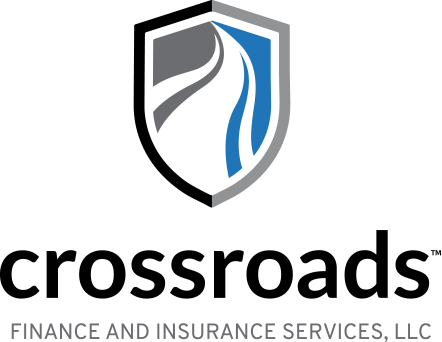Commercial Auto Liability
What is Commercial Auto Liability Insurance?
Commercial auto liability insurance is an important safeguard for your business. If you or an employee is sued following a serious accident in a car or truck you own, liability insurance helps protect your company’s assets.
A minimum amount of commercial auto liability insurance (or proof of financial responsibility) is required in most states. Some states also require underinsured motorist and uninsured motorist coverage to protect you when the at-fault driver is unable to pay the total cost. Collision or comprehensive insurance is often optional.
Minimum required commercial auto liability coverage varies by state, and typically is the same for both personal and commercial auto liability policies. Many companies opt for more than state-minimum coverage. Why? Because if an injured party sues for a larger amount than the minimal policy covers, it could seriously threaten many businesses, especially small businesses.
Who needs Commercial Auto Liability Insurance?
If your business uses vehicles as part of its normal operations, you'll likely need commercial auto liabiltiy insurance. This protection helps your business if:
- Your business owns, leases or rents any vehicles
- Employees drive company-owned, leased or rented vehicles
- Employees drive their own vehicles while conducting business
- You or your employees drive company cars for both business and personal use
Trucking companies are required by law to purchase Auto Liability or Truck Liability Insurance. This insurance provides protection for the motor carrier for legal liability arising out of the ownership, maintenance, and use of any insured automobile. The minimum limit that can be purchased is $750,000 combined single limit per state and federal regulations (BMC-91 or BMC-91X). We encourage all clients to strongly consider purchasing $1 million in coverage as it is a common requirement from freight brokerages and shippers. It also affords better protection to the motor carrier as a single accident can produce claims well exceeding either of these totals.
The FMCSA BMC-91/91X requires that motors carriers who transport certain hazardous cargo maintain a total of $5 million in auto liability coverages in those instances. It is also common and good practice for all motor carriers to consider purchasing excess or umbrella policies to properly address their risk.
Ways to Reduce Risk
Though employees’ use of personal automobiles may pose a risk to your business, there are steps you can take to help protect both your employees and your business from liability.
- Review driving records and create an approved-driver list: All employees that use a vehicle for business use should be cleared to drive by a manager. This process should include reviewing motor vehicle records and PAP coverages regularly and maintaining records to help reduce risk exposure.
- Establish standards for personal vehicles: Even employees without any incidents on their motor vehicle records can be a risk to your business if they are driving personal vehicles that are not properly maintained. Establish company guidelines for maintaining personal vehicles. If employees are compensated for time spent driving or if they routinely use their personal vehicles for business, consider regularly collecting maintenance reports to gauge the reliability of personal vehicles.
- Make the company policy clear: After you create guidelines for the use of personal vehicles at your business, be sure to communicate them to your employees in a clear and timely manner. Although it is common to have policies against the use of intoxicating substances or mobile devices while driving, reminding employees of all of your company policies is an effective way to mitigate risk.
- Establish rental vehicle policies: The use of rental vehicles for business also presents exposure to risk. It may be beneficial to establish a relationship with a particular rental vehicle agency to determine which vehicles best suit the needs of your business and employees while traveling. You should also give your employees guidelines on which rental vehicle insurance coverages to accept during the rental process.

